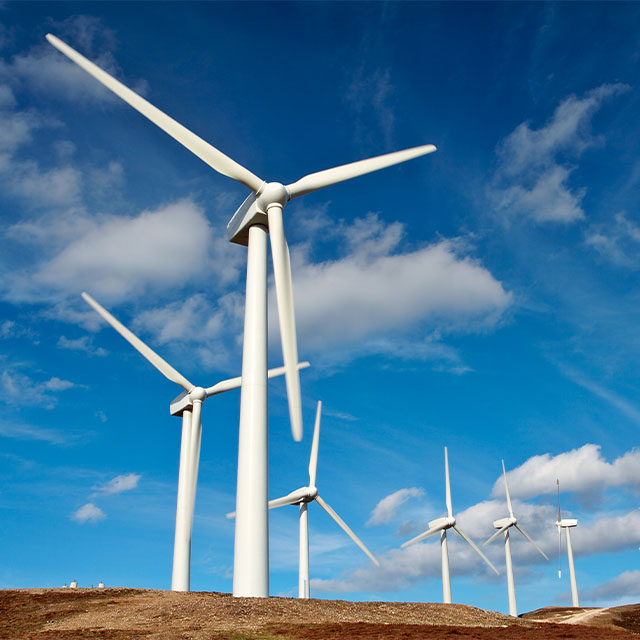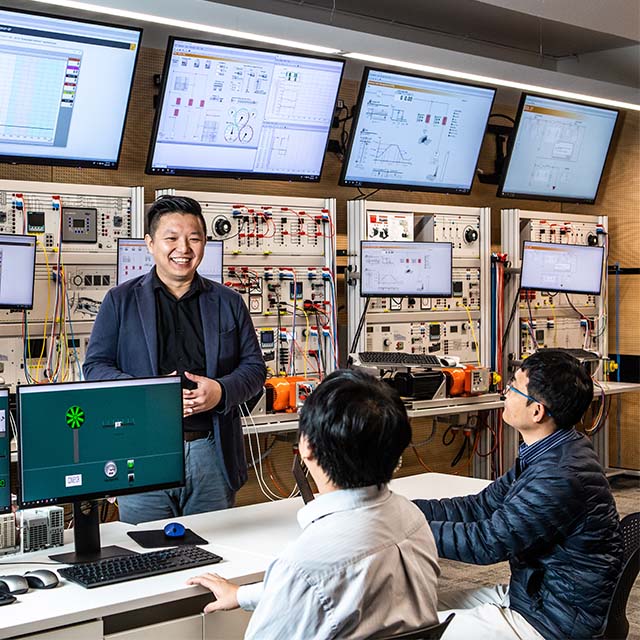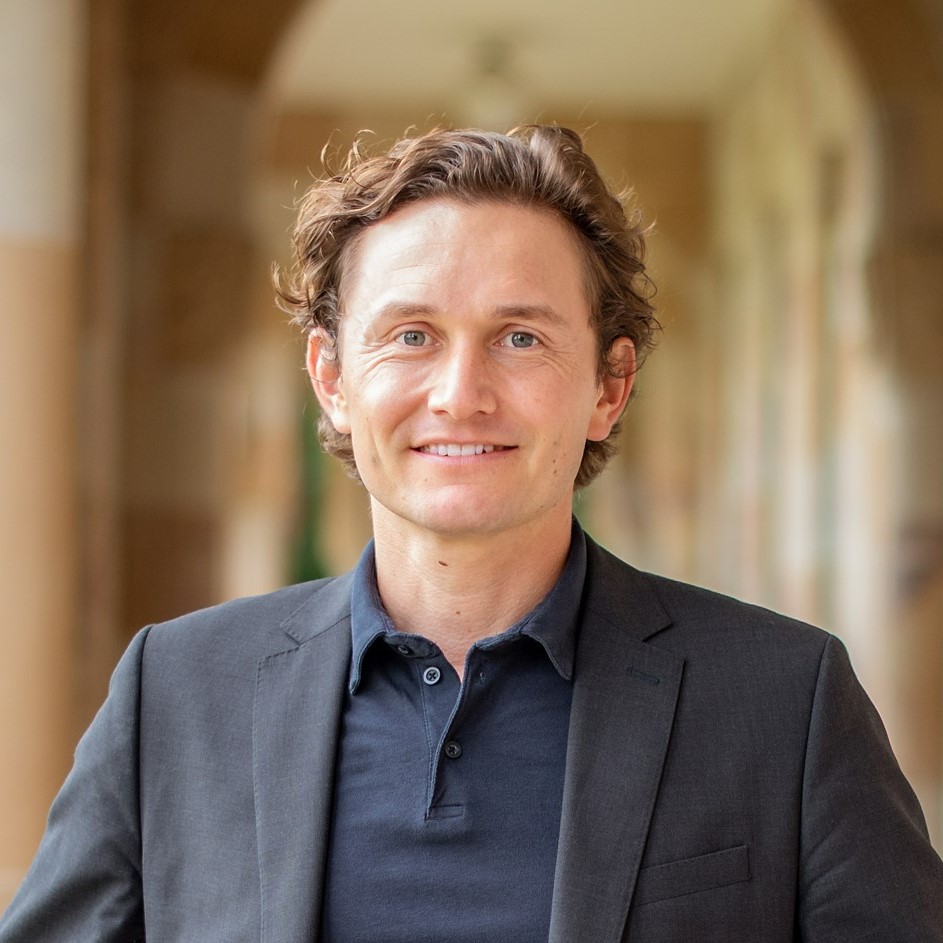Infrastructure is critical to social well-being and provides an interface between people and the natural environment. As one of the largest resource consumers, the opportunity to realise progress at scale towards net zero emissions, natural capital ambitions and a transition to a circular economy is clear. The scale of materials use leaves the industry highly vulnerable to supply disruption meaning new approaches need to be carefully researched, conceptualised, and tested. This research theme will support efforts by industry and government to transition the infrastructure industry to thrive in a decarbonised and circular economy as well as provide insight on the role infrastructure plays in supporting the economy more broadly to transition.
Featured project
 Hydrogen System Dynamics Modelling Tool
Hydrogen System Dynamics Modelling Tool
We have used a system dynamics model to create a representation of the hydrogen supply chains. Users can experiment with different supply chain combinations. Input your own data to explore footprints over time.
UQ supported industry-led innovations
 Reimagining the Business Case for Circular Infrastructure
Reimagining the Business Case for Circular Infrastructure
With the imminent threat of climate change, a growing population and a financing gap of $15 trillion, the world will require a new way of thinking, and public investment in infrastructure will be a driver.
Read more at the Infrastructure CoLab
UQ Energy Centres
 Industry 4.0 Testing Lab
Industry 4.0 Testing Lab
The Industry 4.0 UQ Energy TestLab has been established at UQ with funding from the Commonwealth of Australia and the University of Queensland. Siemens has provided equipment and software. The Commonwealth of Australia and Siemens are foundation partners of The Industry 4.0 UQ Energy TestLab.
Study with us
Master of Sustainable Energy & Master of Sustainable Energy (Management)
The Master of Sustainable Energy (Management) is one of the few programs in the world that offers an interdisciplinary education – with direct industry contact and practical experience.
Our projects
About
2021-2022
Industry 4.0 technologies such as Internet of Things (IoT), Big Data, Machine Learning, Cyber-Physical Systems (CPS) and Artificial Intelligence (AI) are considered key enablers of the transition to circular economy principles (Kristoffersen, 2020). Through a rigorous screening and review process of the existing literature, the evidence base for how Industry 4.0 enables circular economy in infrastructure is summarised. Opportunities, challenges, and implications identified in the literature are outlined. A toolkit for implementing Industry 4.0 technologies to support circular economy in infrastructure is also provided to best utilise the current academic evidence on opportunities, barriers and enablers.
Project staff
 Dr Jurij Karlovsek
Dr Jurij Karlovsek
Co-founder and Lead, Infrastructure CoLab
Lecturer, School of Civil Engineering, Faculty of Engineering, Architecture and IT
 Dr Cristyn Meath
Dr Cristyn Meath
Co-founder and Lead, Infrastructure CoLab
Senior Research Fellow and Lecturer, Faculty of Business, Economics and Law
 Mr Gabriel Sunol Marten
Mr Gabriel Sunol Marten
Senior Research Assistant
Smart Infrastructure
About
2022-2023
Sustainable hospital designs should aim to produce facilities that care for both patients and planet, and utilise the transition to sustainable healthcare systems to deliver not only environmentally sustainable buildings but ones which further promote health and healing. The aim of this project is to identify which aspects of evidence-based design and sustainable design principles overlap to align sustainable hospital infrastructure with better service delivery, staff satisfaction and patient outcomes.
Project staff
 Dr Cristyn Meath
Dr Cristyn Meath
Co-founder and Lead, Infrastructure CoLab
Senior Research Fellow and Lecturer, Faculty of Business, Economics and Law
 Ms Julia Read
Ms Julia Read
Senior Research Assistant
Health Infrastructure
